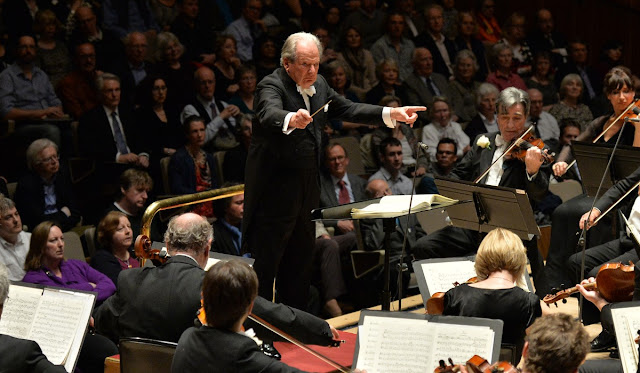 |
| Hummel, portrait by Joseph Willibrord Mähler, c. 1814 |
Rossini: String Sonata No. 1, Mozart: Sinfonia Concertante in E flat, Hummel: Potpourri Op. 94, Weber: Symphony No. 1; Timothy Ridout, Tomo Keller, Academy of St Martin in the Fields; Church of St Martin in the Fields
Reviewed 26 June 2026
Mozart's violin and viola concertante work in context of music written within the following 40 years including Hummel's wonderfully engaging concertante work for viola
Johann Nepomuk Hummel was very much at the centre of things during the later Classical era. Some 22 years younger than Mozart, Hummel was something of a prodigy, had lessons from Mozart, Salieri and Haydn, was friends with Beethoven and played in Beethoven's orchestral works, whilst Schubert dedicated three late piano sonatas to him. Haydn recommended him to take over Haydn's responsibilities at Prince Esterházy's Eisenstadt estate.
His music could be forward looking and he would have an influence on the music of Mendelssohn and Chopin. Hummel's focus was the piano, including eight concertos [it is well worth investigating Stephen Hough's recording of two concertos on Chandos] so it is ironic that nowadays he is best known for his Trumpet Concerto.
For their final concert of the season at St Martin in the Fields on 26 June 2025, the Academy of St Martin in the Fields, leader Tomo Keller, joined forces with viola player Timothy Ridout for a programme centred around Hummel's Potpourri (Fantasy) for viola and orchestra written in 1820. There was also Mozart's Sinfonia Concertante in E flat for violin and viola (with Keller and Ridout) written in 1779, Rossini's early String Sonata No. 1 in G major from 1804 and Weber's Symphony No. 1 in C from 1806.
It was a programme that placed Mozart's piece in an entirely different context yet one that made complete sense. All the works in the programme was written within roughly a 40 year period. Hummel's Potpourri quotes opera by both Mozart and Rossini, whilst Weber was not only Mozart's wife Constanze's cousin but the young Weber admired and was influenced by Mozart.

%20Mike%20Evans.jpg)






.jpg)

.jpeg)





.jpeg)